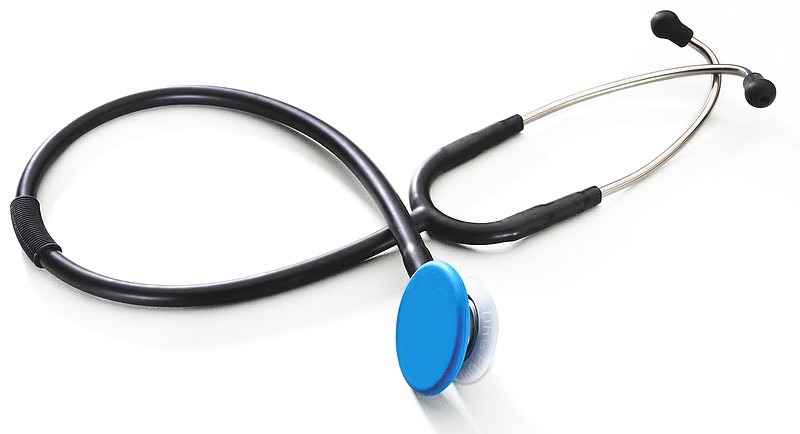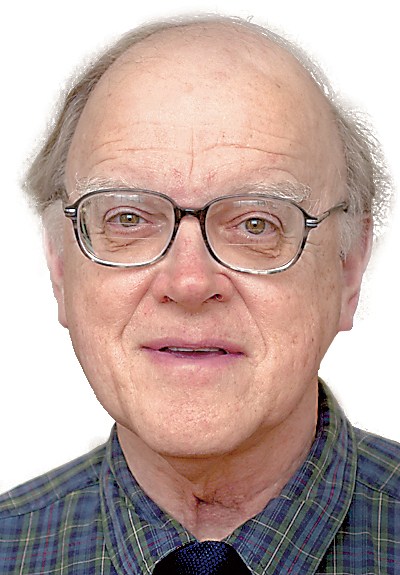A single-payer "Medicare-for-All" health care plan figures prominently in Bernie Sanders' campaign for president. For years, Physicians for a National Health Program has advocated similar reforms for U.S. health care.
As the world's largest and oldest single-payer health plan, the United Kingdom's National Health Service (NHS) offers valuable insights into the workings of this approach to the organization of health care.
The NHS began in 1948 following a series of legislative acts approved by Parliament with a Labor Party majority. The founding principle of NHS was free health care for all U.K. residents, regardless of economic status. In 2011, a seven-point NHS Constitution elaborated on this goal. It included commitments to universal access to comprehensive services, public accountability, patient-centered care of the highest standards and best value for individuals, local communities and wider populations.
NHS owns the hospitals and pays the caregivers and it continues to evolve. The system has endured, at times, sharp political attacks. But all of the U.K's major political parties currently support NHS. Longtime friends of mine in the U.K., physicians as well as patients, report their continued satisfaction with NHS.
The service currently employs 1.5 million, including doctors, nurses, hospital and community health workers, dental staff, ambulance personnel and administrators; it's among the world's five largest employers and its budget for the 2015-16 fiscal year is 136.4 billion pounds sterling, about $200.5 billion. Funding is derived directly from tax revenues.
Currently, the U.K. devotes 9.1 percent of its GDP to health care, in contrast to the U.S.'s 17.1 percent, France's 11.5 percent, Germany's 11.3 percent and Canada's 10.4 percent. But an aging population and the costs of new diagnostic and therapeutic technologies steadily drive costs upward, and NHS will inevitably claim a larger portion of the U.K.'s GDP.
About 8 percent of U.K. residents purchase private health insurance to supplement their care with such amenities as private rooms when hospitalized.
A 2014 report from the Commonwealth Fund (www.commonwealth fund.org) compared NHS with health care systems of 10 other developed countries, including the U.S., and ranked the NHS tops in efficiency, safety, cost-effectiveness and coordination of care. NHS ranked second in equity, or fairness. The U.S. ranked last in most categories.
Administrative oversight of NHS is the responsibility of each U.K. member -England, Scotland, Wales and Northern Ireland - and accountable to its residents. Fundamental principles of the system are the same across the U.K.
Each resident is expected to register with a general practitioner, which will be the patient's medical home where all care and specialty referrals originate.
A system of co-payments is employed for prescription, optical and dental services.
With prescriptions, the following drugs are free: contraceptives, drugs personally administered by general practitioners, drugs for sexually transmitted diseases, tuberculosis and mental disorders in supervised community settings. Drugs are free for pregnancies and the first year post-delivery, for children under 16 years or to age 18 for full-time students, adults over 60, patients with malignancies and impoverished people. A single prescription drug costs the equivalent of $12.75; a person requiring multiple prescription drugs may purchase a yearly Prescription Prepayment Certificate for $152 to cover needs.
In optical services, a free sight test is available to all. Comprehensive care is free for persons under 16 and over 60, people with low incomes, diabetes and glaucoma. Costs of glasses and contacts are subsidized through a system of vouchers.
For dental, care is free for persons under 18, women during pregnancy and for one year post-delivery, poor and unemployed people. A basic exam costs the equivalent of $29. Fillings, extractions and root canals are billed at $79 each.
Medical trainees in the U.K. do not carry large burdens of debt. Unlike the U.S., U.K. students begin medical studies upon entry to college. A standardized, yearly tuition of 9,000 pounds - $13,400 - is charged for the three or four years of pre-clinical training. Health Education England, part of the body of the Department of Health, pays for subsequent clinical instruction leading to a medical degree. Health Education England also pays half the basic salary of physicians in specialty training. The hospital or trust that employs the trainee pays the remainder.
NHS develops the workforce plan that determines how many training positions are available in each specialty. It also determines the need and location of general practices throughout the U.K.
Certainly, NHS has its problems. Occasional hospitals are cited for poor performance. Specialists in a region may complain of inadequate supplies. Junior trainees in specialties recently threatened to strike over salaries. Without immigrant physicians from Eastern Europe, clinical positions would go unfilled. Lengthy waiting times for elective procedures such as hip replacements have generated criticism in the past.
Critics of any plan to alter the U.S. health care system use "socialized medicine" as a rallying cry to raise the fears of voters. NHS, a socialized health care system, enjoys wide support in the U.K.
As the U.S. continues to seek answers for its own challenges in developing affordable, universal access to excellent health care, we can learn from other countries since they have evolved their own systems to address this extremely complex issue.
Other health care systems will be addressed in future columns.
Contact Clif Cleaveland at ccleaveland@timesfreepress.com.

